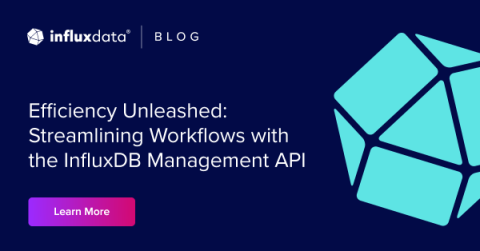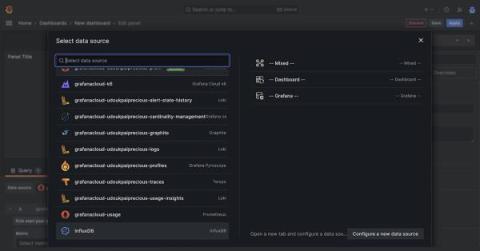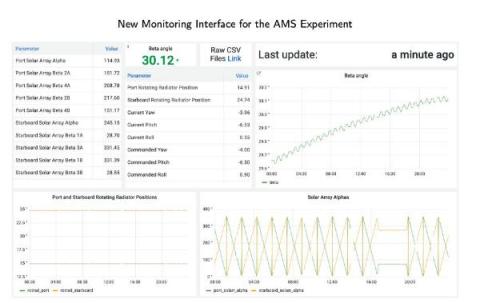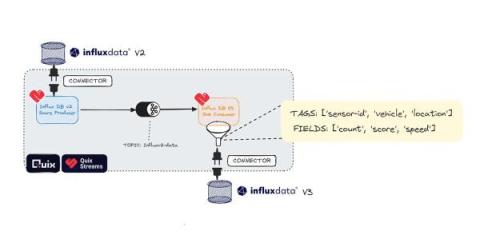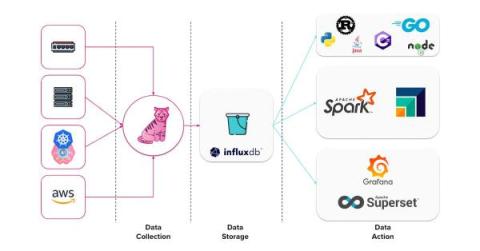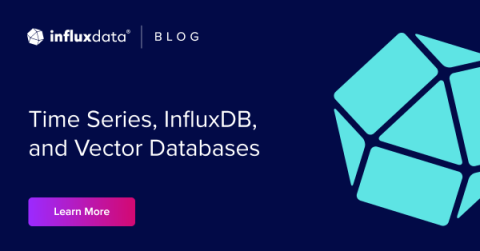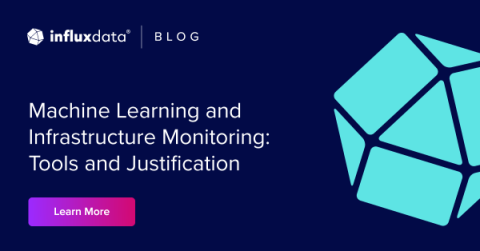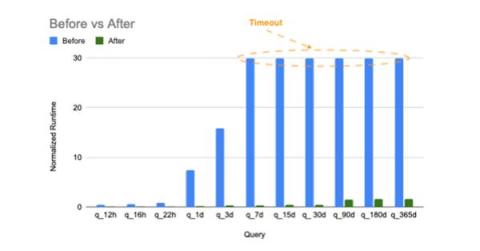Efficiency Unleashed: Streamlining Workflows with the InfluxDB Management API
InfluxDB recently launched the InfluxDB Management API for InfluxDB Cloud Dedicated. Now, developers can manage databases, database tokens, and create database tables with custom partitioning directly from their application. The Management API provides a programmatic interface for performing tasks that previously required human interaction. This interface promotes easier workflows for applications that need automatic provisioning of multiple instances of InfluxDB, either for internal or external purposes.


